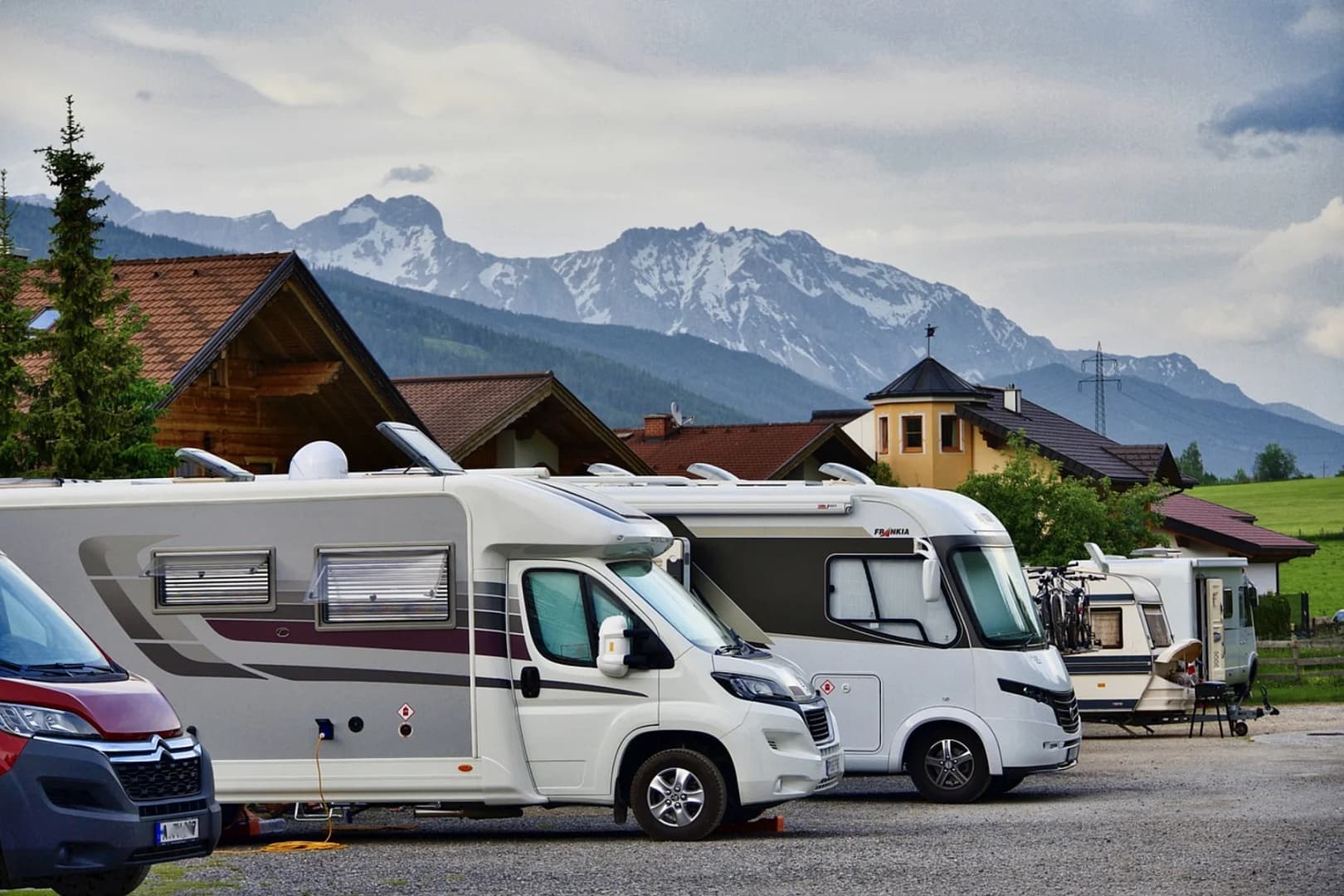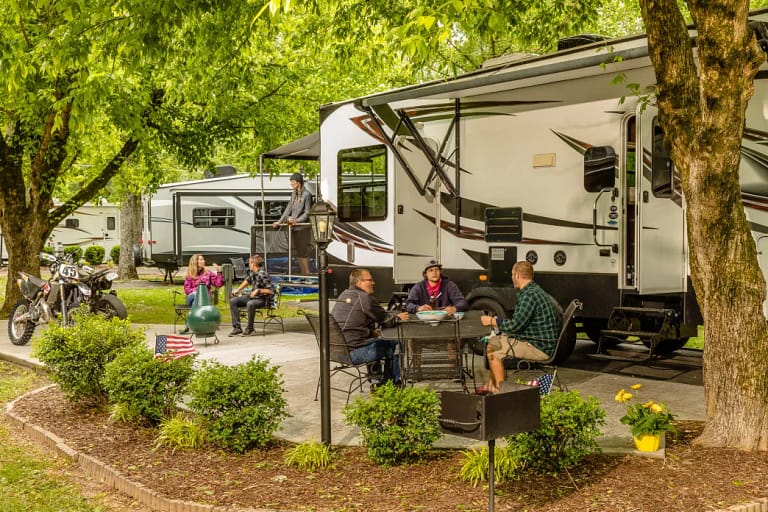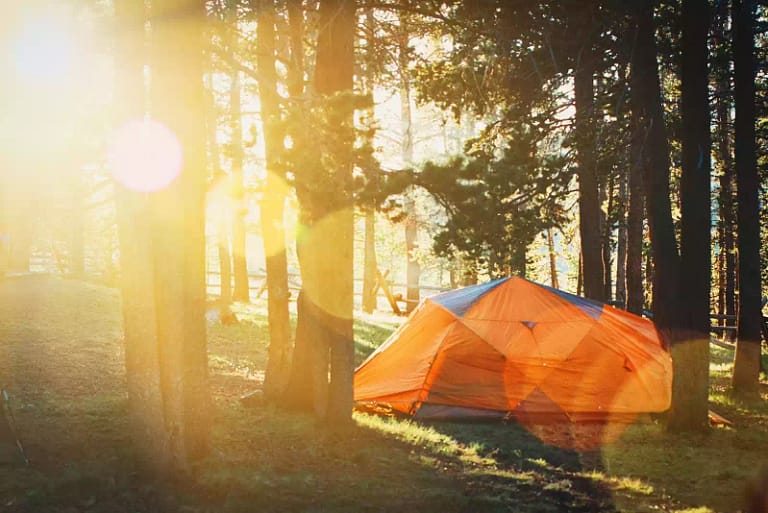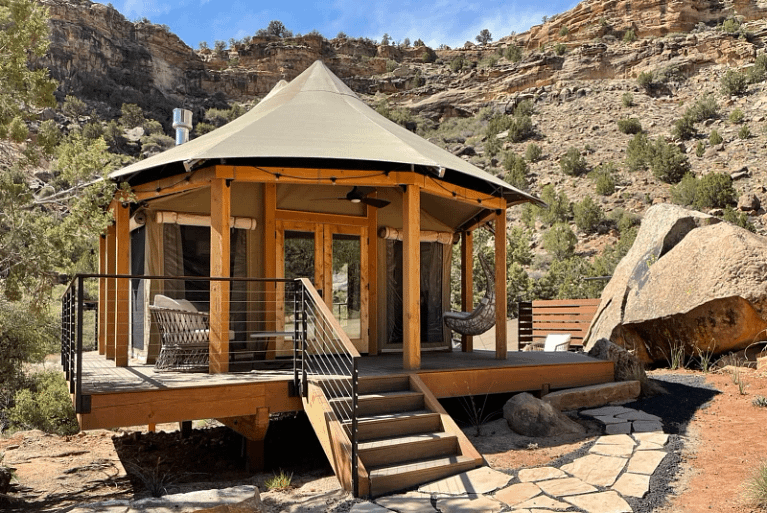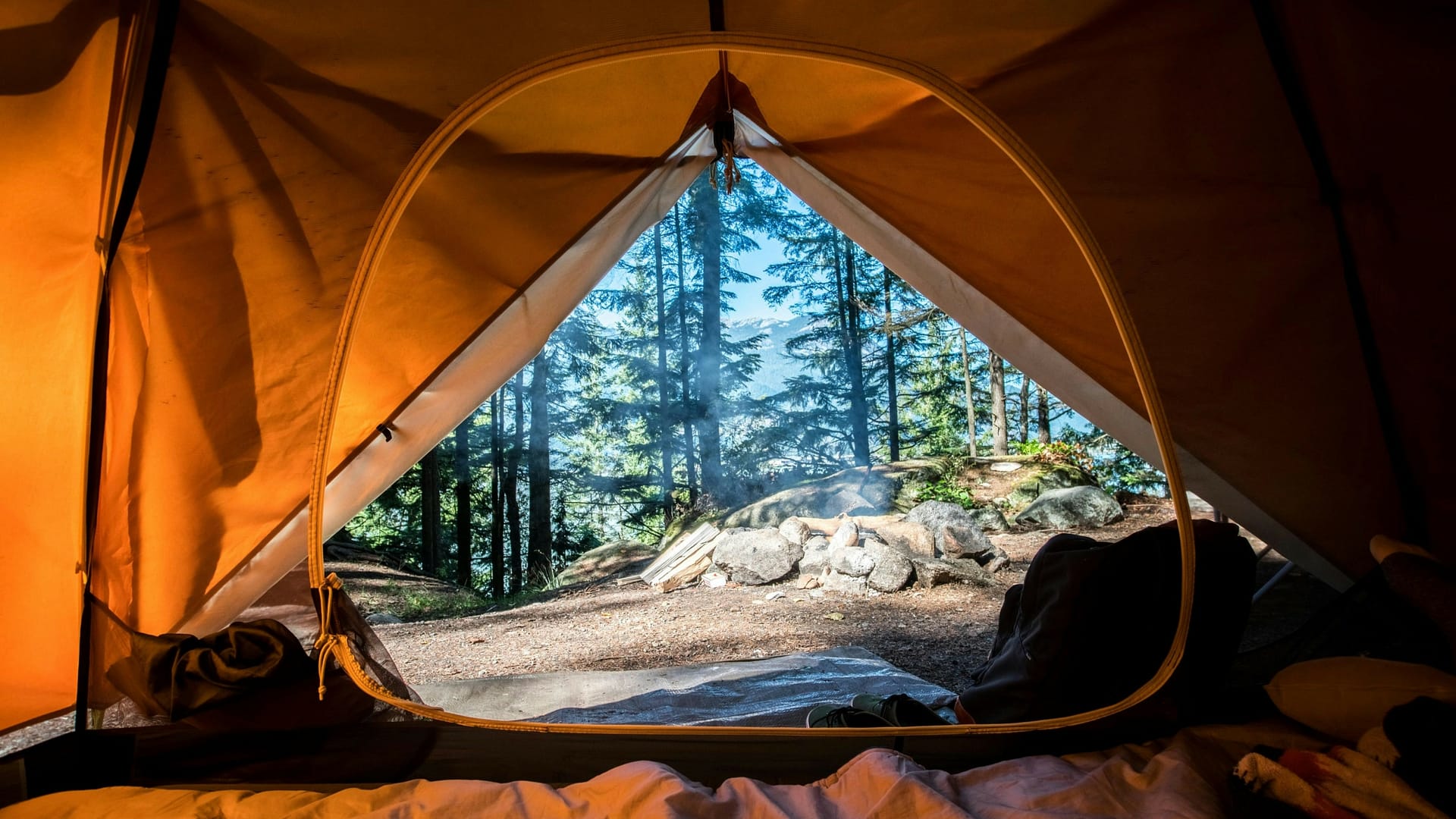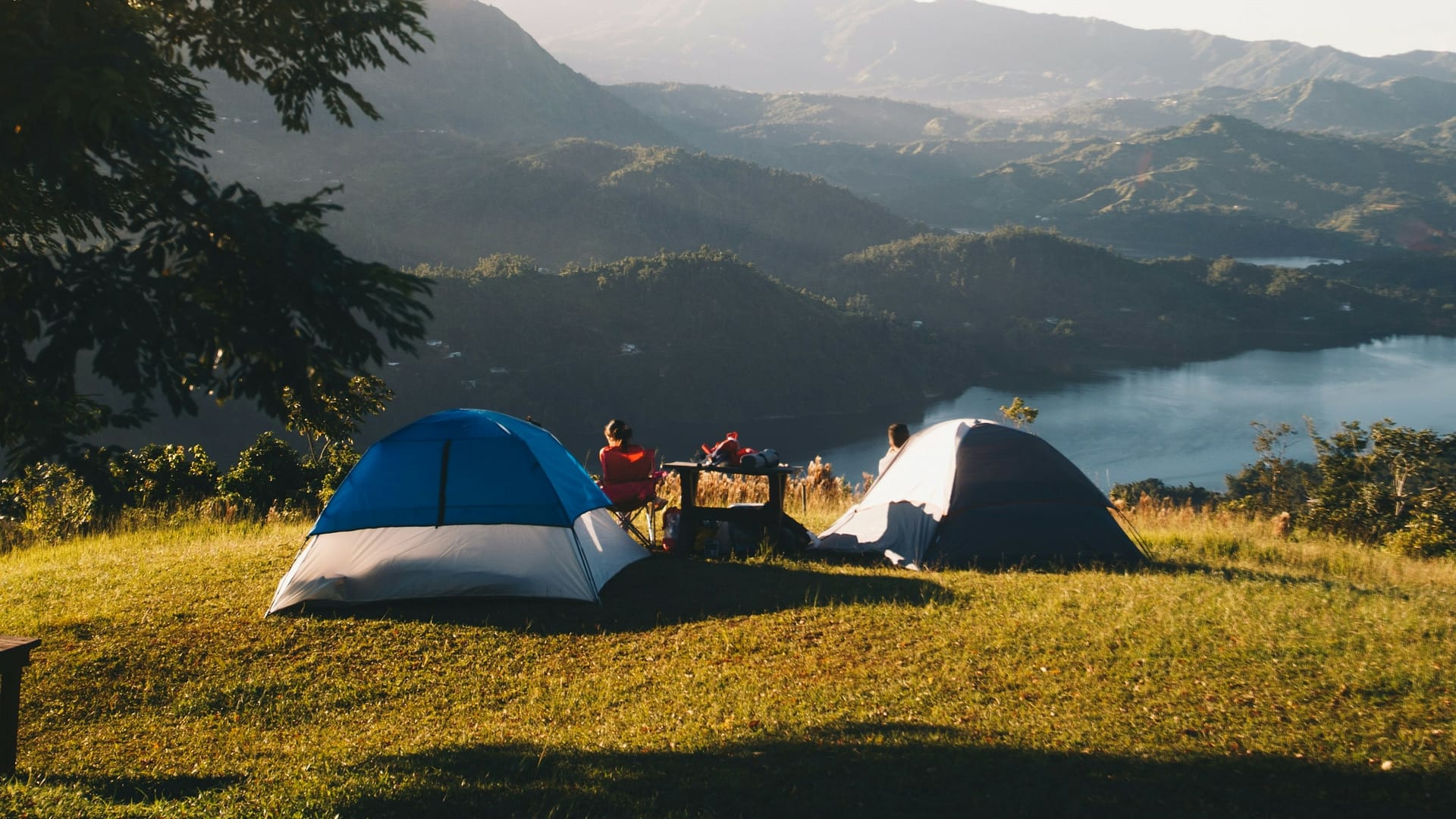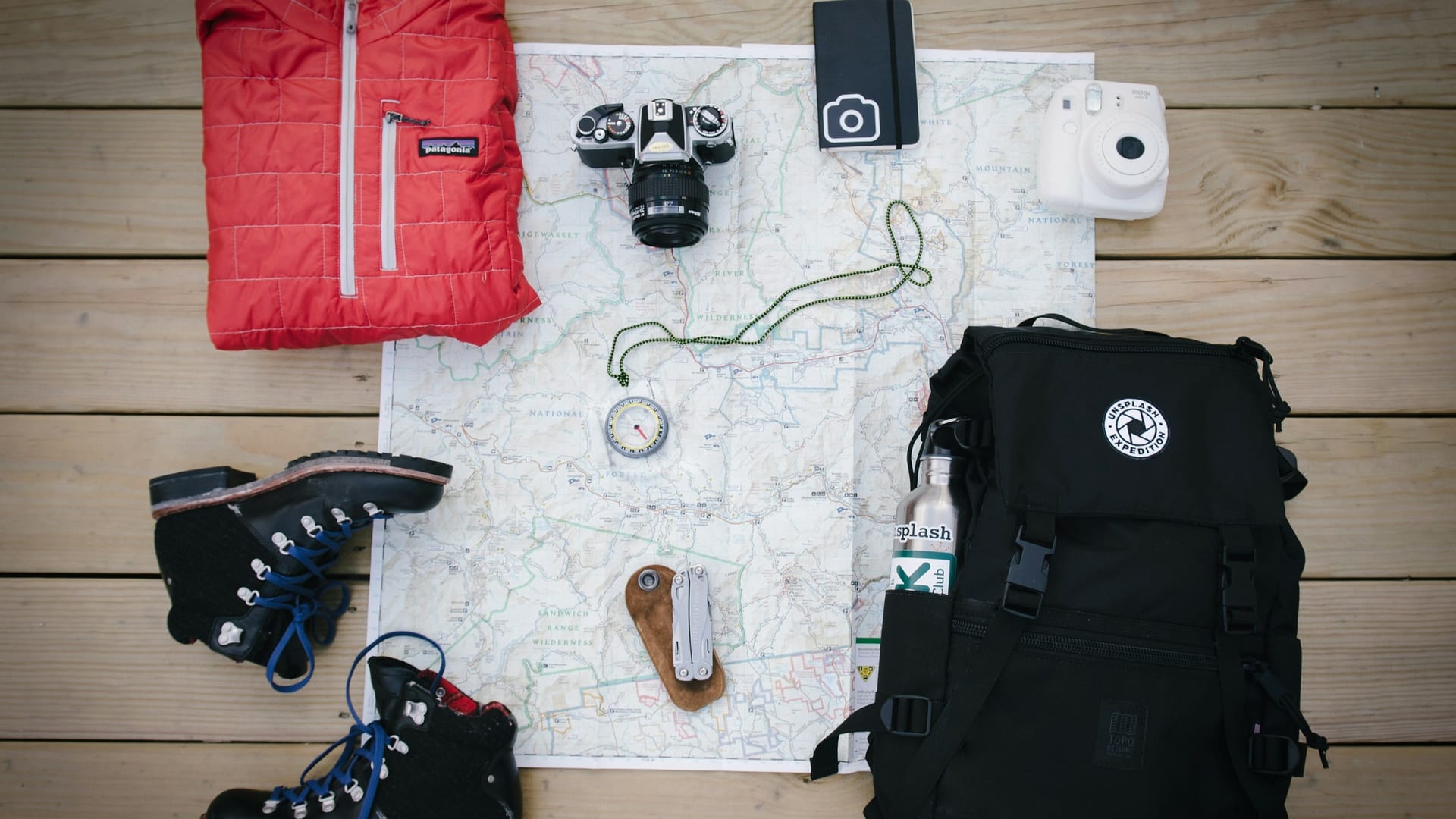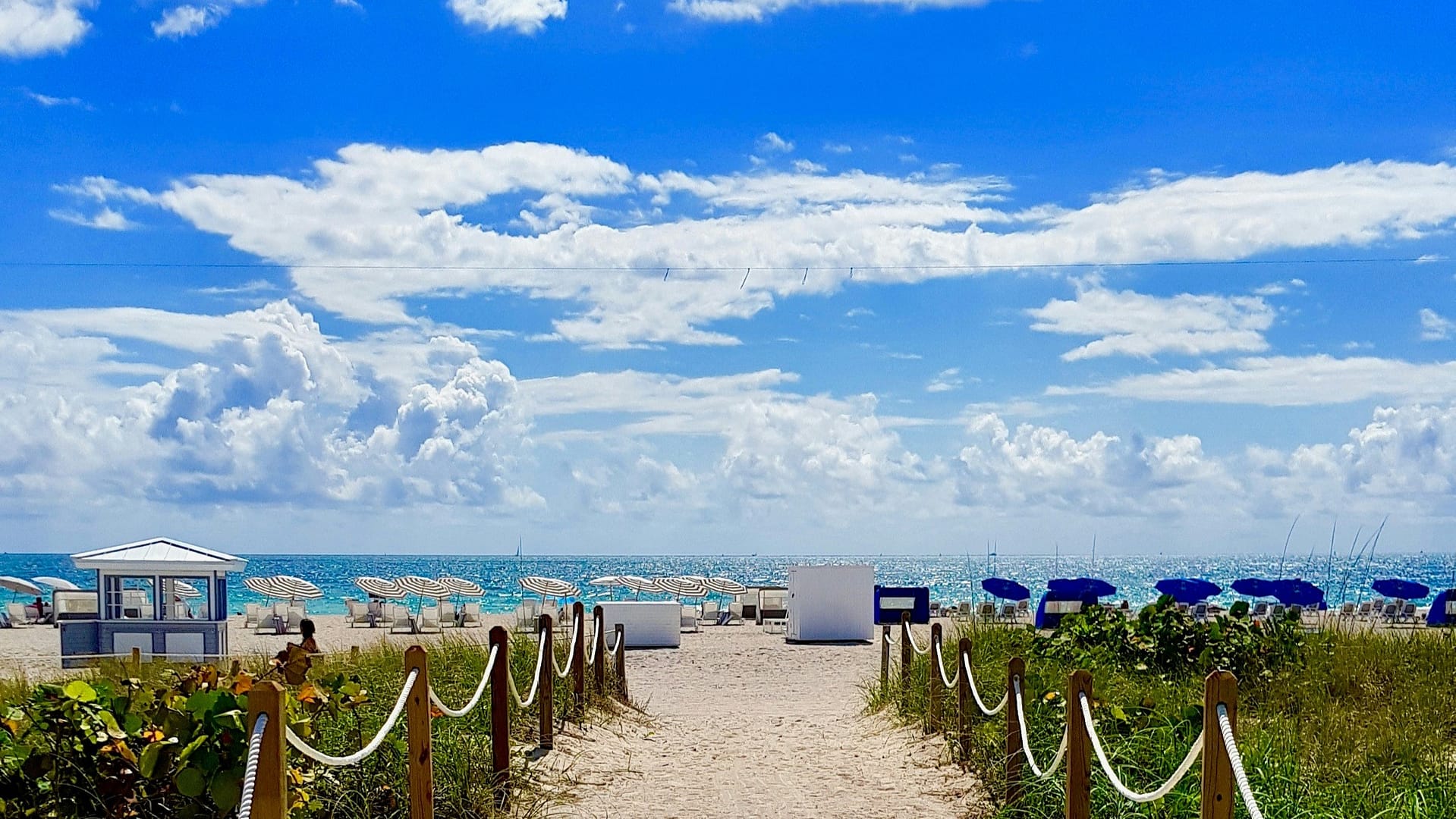Should you stay in an RV or a series of hotel rooms on your next road trip? The answer to that question, just like the answer to most questions ever asked on Earth is… it depends.
Those who are 100% Team Hotel — you can stop reading now. Just go ahead and enjoy that style of vacation for the rest of your life. However, any of you pondering the RV vs. hotel conundrum must already see the pleasures of RVing, or at least be intrigued by them.
So which is best? The unbiased answer is of course…it depends (although we’re going on record that from this author’s perspective, an RV is far more exciting and enjoyable an experience). We all know what the general hotel experience is like, and you can probably at least imagine what RVing is like. So, you have to examine the specifics of your particular road trip.
So grab your pencil and calculator, because it’s time to do a cost-benefit analysis! Oh, and if there are other people who will be traveling with you, you should probably consider their opinions too.
Pro tip: Utilizing BookOutdoors makes it easy to find and book the perfect spot at RV parks across the country. And look no further than RVShare to discover and book your RV to take full advantage of the outdoor, road trip experience.
In this article:
ToggleRV vs. Hotel Cost Considerations
For most, cost is a major, or the major, factor influencing the RV vs. hotels decision. (If not, lucky you!) In almost all cases, RVing is budget-friendly, but just like hotels, there are certainly less budget-friendly (i.e. super luxurious) options that could quickly gobble up your budget.
An RV is your accommodations and transportation. It’s often your kitchen, too, so a fair comparison of average costs must include all these factors together. Look up, write down, and add up the estimated average costs for the following expenses, and see which option best fits your budget:
RV Costs
- RV rental costs: They depend on the type of RV you are renting and range from around $80 per day for a pop-up travel trailer to $150+ for a Class A RV. (Ignore this if you own your RV.)
- Additional costs: You’ll find mileage charges, insurance, service fees, pet fees, and add-ons in your rental agreement, so don’t overlook these.
- Fuel costs: Using the estimated mpg for your RV (see below), look up average gas prices in the region you’re visiting, and calculate the mileage you’ll cover. For easy reference, Class A RVs avg 6 – 10 mpg; Class B RVs avg 20 – 26 mpg; Class C RVs avg. 15 – 20 mpg.
- Campground costs: Add up per night campsite fees, which range from $20 for national parks to well over $100 at a luxury RV park with lots of amenities. Most mid-range campsites are under $50 per night.
- Food costs: How many of your meals will you realistically prepare in your motorhome? Figure out the approximate cost for groceries (meals, drinks and snacks), along with any expected restaurant meal costs.
Hotel Costs
- Room rates: Hotel room rates vary hugely, but $160 is an average daily room rate. For parties with more than two adults and two children, you’ll need to budget for multiple rooms. Want a beachfront room? Compare the cost to a beachfront RV campground. (hint: RV campgrounds on the beach are the way to go!)
- Travel and fuel costs: Will you be driving your own car, renting one, or using public transport? Add it up! Include travel between your hotel and day-trip destinations, too.
- Food costs: Staying in a hotel typically means eating restaurant food for every meal. Look at average costs at local restaurants and estimate the tabs. You can save by packing a cooler with snacks and no-cook meals, or getting a room with a fridge and microwave. And yes, some hotel rooms have kitchenettes or free breakfasts. If those are options for your road trip, throw some more variables into that equation.
So, tally up those figures. Which one wins? As a general rule, RVs start to look like the better option, budget-wise, for groups of four or more.
What if it’s a tie? What if you just had an epiphany that money isn’t everything? Let’s look at some more factors in this raging RV travel vs. hotels debate.
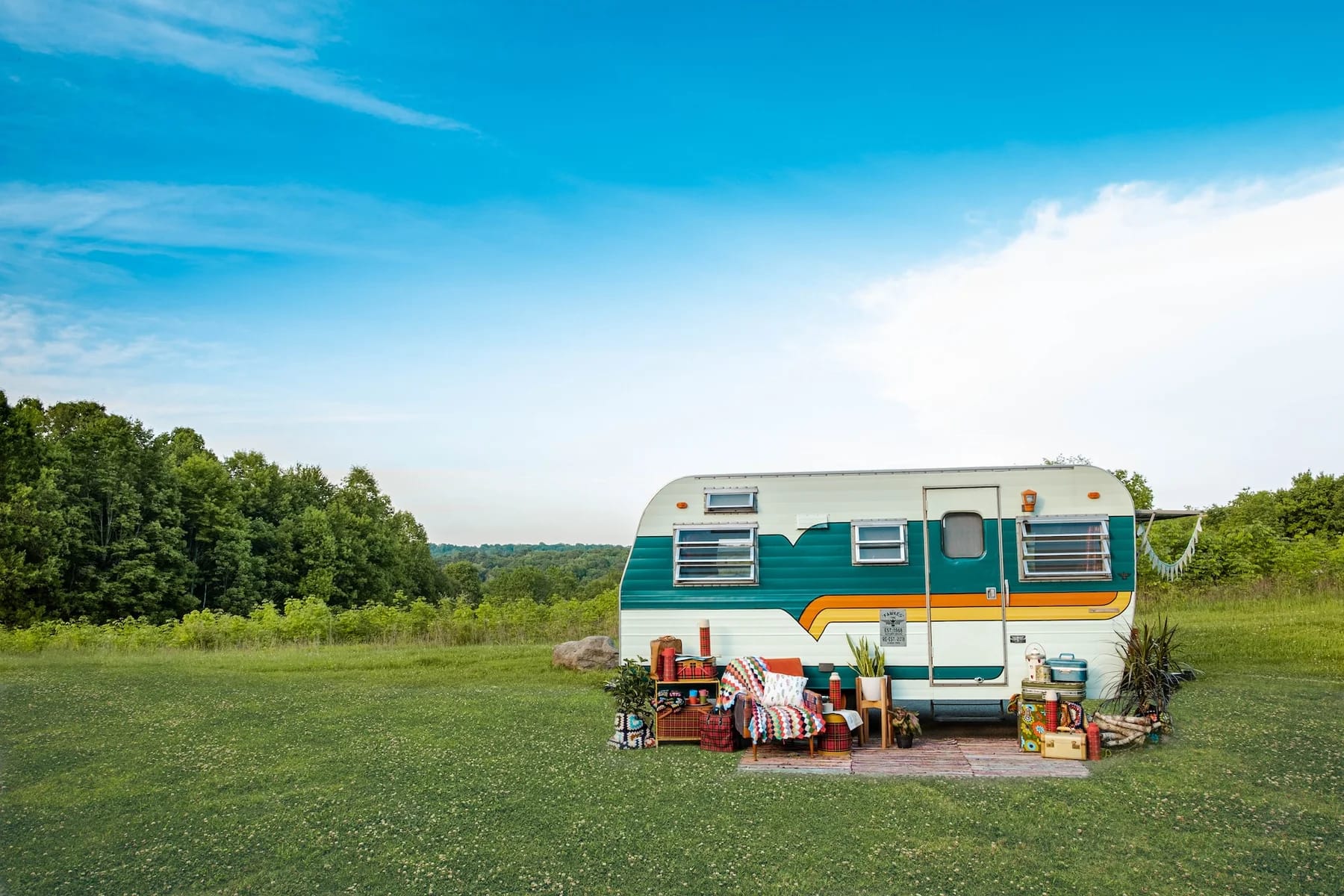
Let’s Look at the Logistics
Booking hotel rooms, plugging them into your maps app, packing a suitcase, and hitting the road is the slightly easier option, logistically. You need to work around check-in and check-out times, but that applies to RV parks and campgrounds, too.
On an RV trip, there’s admittedly a little more planning to do. You need to double-check that your planned driving routes are suitable for RVs. Additionally, driving an RV is a bit slower than driving a car, so you’ll need to account for slightly longer drive times.
You need to make sure to search for RV parks and campgrounds that do, in fact, have sites that accommodate your RV size and the amenities you desire, such as hookups and a dump station.
How About Comfort and Convenience?
The convenience factor for RVing comes in when your ideal destination is the Great Outdoors. Camping in a national park or visiting a beautiful RV park or resort gives you unrivaled, immediate, 24-hour access to the majesties of all that the outdoors has to offer. Hotels separate you from the starry night skies and rustling trees with their lobbies, elevators, and barely-opening windows. You can rarely walk directly from your hotel room to a trailhead, beach or river bank.
Many assume hotels are more comfortable with their fluffy beds, bathtubs and flat-screen TVs. But with an RV, you can bring along the comforts of home, such as your own favorite bedding. What if you want to bring a wide selection of hardback books, your cast iron Dutch oven, and your weaving loom? You can store your possessions in cabinets and closets instead of a suitcase. And you won’t have to pre-read menus for your picky eater.
RVing takes a bit of work, though. There’s no housekeeping or room service. Those home-cooked meals create dishes to wash. Setting up camp, emptying tanks, and maintaining the vehicle are work.
Sum Up the Pros and Cons
Cost is an important factor, but choosing whether an RV or hotels are right for you means looking at all the pros and cons, and listening to your gut.
For novice RVers who are unsure about that first RV trip, why not try something new? You’ve probably stayed in a hotel before, so you know what that’s like. But you can’t really appreciate the enlivening experience of RVing until you’ve done it yourself. Just go for it!
Oh, and don’t forget to visit BookOutdoors and RVShare to learn more!

